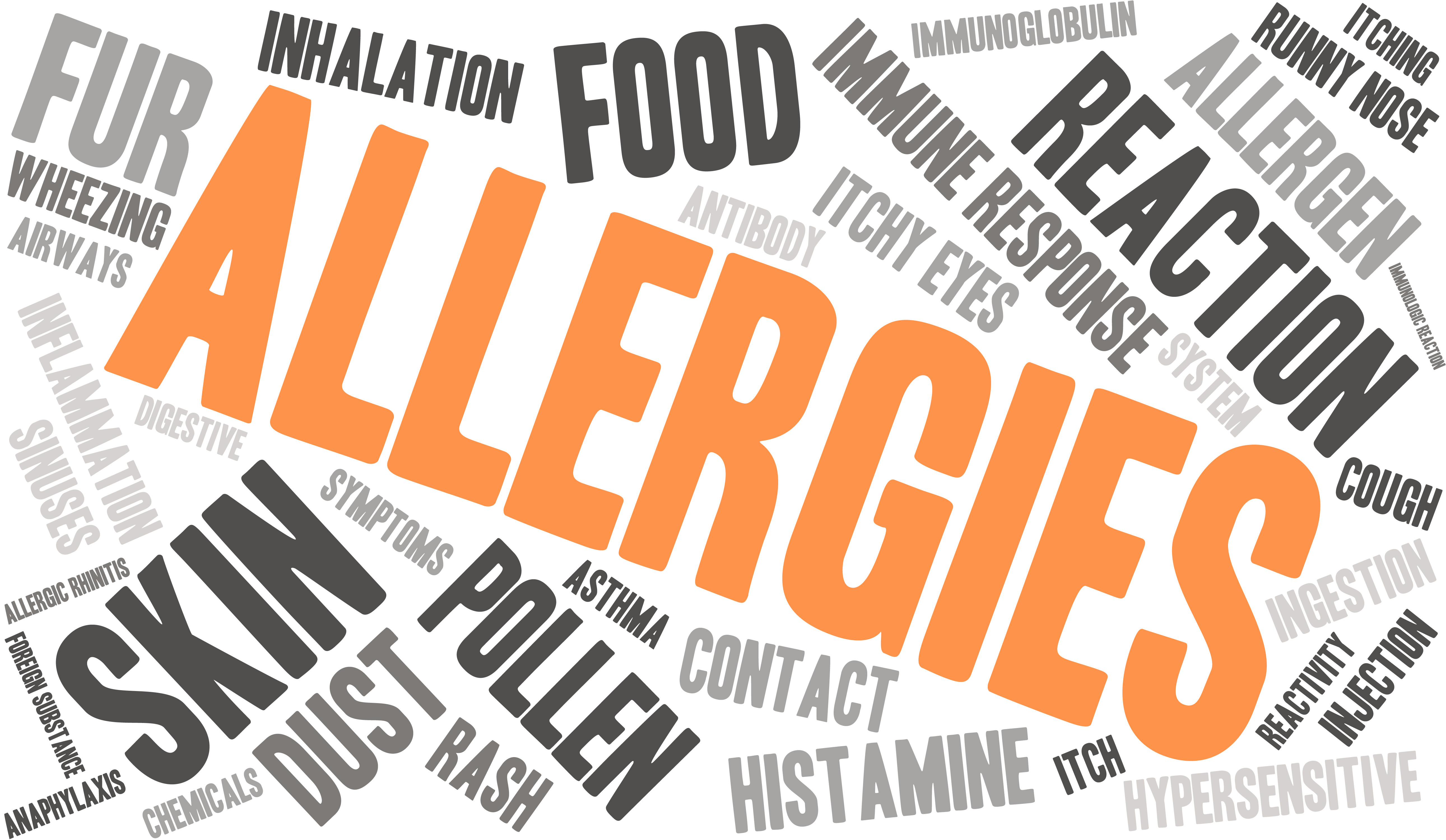 If you suffer from atopic dermatitis, it can not only be painful but also frustrating. Often times, it’s hard to fully understand why your skin is behaving in the manner that it is, making it all the more important to make connections and ask the right questions. “We always ask about common triggers, new soaps, perfumes, changes in the weather,” says Dr. Miriam Hanson, board certified dermatologist in Austin, Texas. “But some times the reason for a patient’s flare can be elusive.”
If you suffer from atopic dermatitis, it can not only be painful but also frustrating. Often times, it’s hard to fully understand why your skin is behaving in the manner that it is, making it all the more important to make connections and ask the right questions. “We always ask about common triggers, new soaps, perfumes, changes in the weather,” says Dr. Miriam Hanson, board certified dermatologist in Austin, Texas. “But some times the reason for a patient’s flare can be elusive.”
Many patient often wonder: is atopic dermatitis related to diet? The answer, unfortunately, is not as is not straightforward as you might like.
What is Atopic Dermatitis?
“Atopic dermatitis is a common type of eczema,” says Dr. Hanson. “The condition can initially present as dry skin, often during infancy. The skin tends to get inflammed and very itchy.” When you scratch the skin, it can get further irritated leading to more itchiness and discomfort. This has become know as the ‘itch-scratch cycle.’ With scratching, breaks in the skin can also get infected causing impetigo, blisters and swelling. These blisters can ooze fluid or crust over time, causing rough areas and scabs on the skin.
This type of eczema can range from mild, small area of affected skin, to severe, scaling patches covering large surfaces of the body. In severe disease, patients often complain that there is nothing that can soothe the itch.
An Itch to Scratch
The cause of atopic dermatitis is not fully understood. In some families, atopic dermatitis is inherited. Others have pointed to a dysregulation of immune cells in the body, leading to inflammation in the skin. The epidermal barrier dysfunction hypothesis suggests patients have underlying irregularities in the skin that allows water and moisture to evaporate from the skin, leading to dryness and itching. Furthermore, irritants can gain entrance from the environment, causing inflammation in the skin.
Is It Something I’m Eating?
“This is probably one of the most controversial areas in research and our current understanding of atopic dermatitis,” says Dr. Adam Mamelak, board certified dermatologist at Sanova Dermatology. Just as irritants could penetrate the skin, some researchers believe that these allergens can also be absorbed by the gut and lungs. This supports the association between atopic dermatitis and other allergic disease, including food allergies, allergic rhinitis and asthma. As such, some believe foods or inhalants could lead to an atopic eczema to flare.
In a study of adolescent patients with severe atopic dermatitis who were evaluated for food hypersensitivity, 56% tested positive. “The problem is, while many atopic dermatitis patients are found to have food allergies, their skin disease doesn’t consistently respond food challenges,” says Dr. Mamelak. “As well, atopic dermatitis most commonly affects toddlers and young children – a time when restricting nutrients and foods is not typically recommended.”
Can Probiotics be helpful?
Some studies suggest that if you take probiotics, they can help to control your atopic dermatitis and relieve symptoms. Probiotics help to boost the immune system and control allergies, which is especially true for children. If you or your child suffers from atopic dermatitis, probiotics could be a route for you to consider to help alleviate the symptoms. Here are some laboratory analysis to examine immune function for an individual.
Contact Us
There are a host of treatments available for atopic dermatitis that work by restoring and protecting the skin barrier to decreasing inflammation in the skin. To learn more about how we can help you and your eczema, please contact us.

